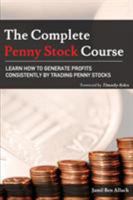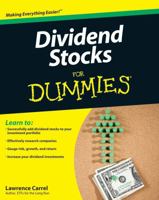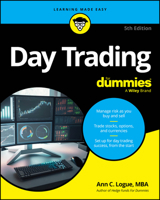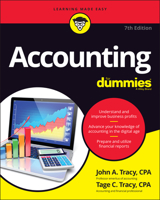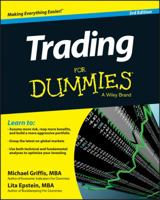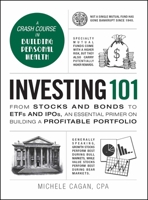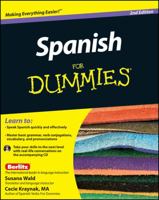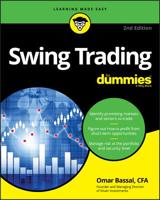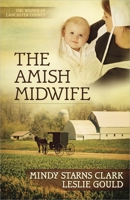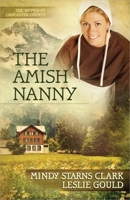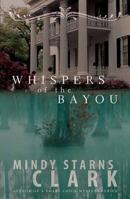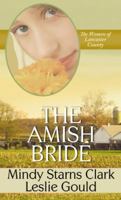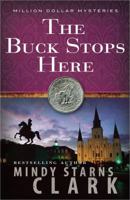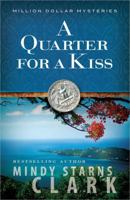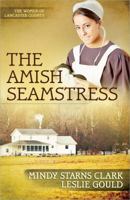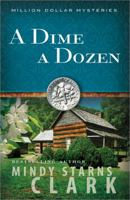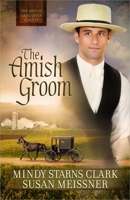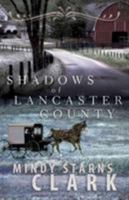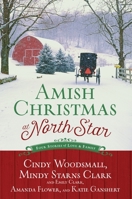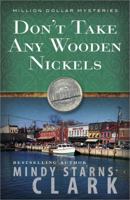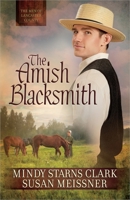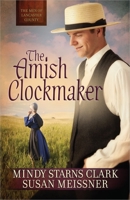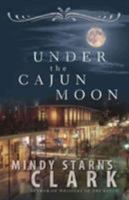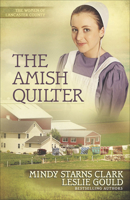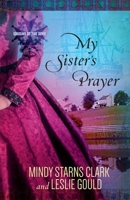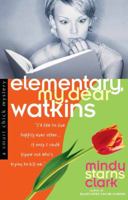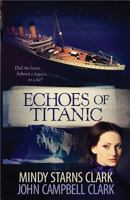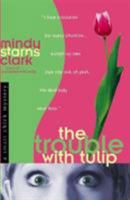You Might Also Enjoy
Book Overview
Want to make a big bet for an even bigger return? Start thinking small While the majority of penny stocks are very risky, choosing the right ones can be extremely lucrative. Written by penny stock expert Peter Leeds--also known as The Penny Stock Professional--this hands-on, friendly guide takes the guesswork out of investing in penny stocks and gives you the knowledge to make smart investment choices that can yield big returns. In no time, you'll have the confidence and know-how to properly identify and purchase winning penny stocks--and get in on the ground floor of small cap stocks that can bring you high rewards. Updated and expanded since its previous publication, this new edition of Penny Stocks For Dummies provides the latest information, advice, and tools you need before considering investing in penny stocks. Once you determine investing in penny stocks is for right you, you'll find expert guidance on identifying growth trends and market sectors positioned for rapid growth, finding undiscovered penny stocks, and understanding the fundamentals of a potential investment in penny stocks. Get the knowledge to better identify and purchase lucrative penny stocks Identify growth trends and market sectors positioned for growth Grasp the basics of penny stocks and make sound investments Find undiscovered penny stocks If you don't have a lot to invest right now but want to multiply what you do have, penny stocks are for you
Format:Paperback
Language:English
ISBN:1119191823
ISBN13:9781119191827
Release Date:April 2016
Publisher:For Dummies
Length:336 Pages
Weight:1.05 lbs.
Dimensions:0.6" x 7.3" x 9.2"
More by Mindy Starns Clark
Customer Reviews
6 customer ratings | 5 reviews
There are currently no reviews. Be the first to review this work.















